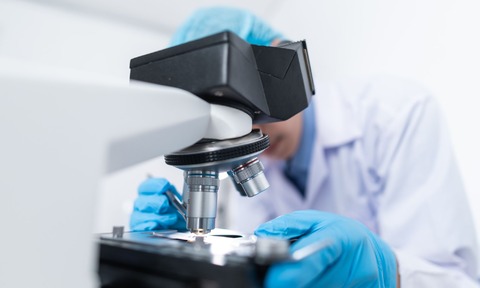Psychedelics compounds used to combat inflammatory conditions
7 Sep 2025

Birmingham researchers aim to establish whether psychedelic drugs can be harnessed to combat neurodegenerative diseases such as Alzheimer’s and Parkinson’s.
Their work hinges on the use of new psychedelics-derived compounds dubbed “PIPI drugs”.
PIPIs – Psychedelic drug Informed but Psychedelic-experience Inactive – offer the possibility of benefitting from the anti-inflammatory properties of the drugs while avoiding their hallucinogenic effects, explained the academic and entrepreneur leading the research.
Professor Nicholas Barnes is CEO and principal founder of the University of Birmingham spin-out Celentyx.
Writing in the British Journal of Pharmacology Barnes said that psychedelics’ ability to influence immune function and neuroinflammation suggested they had potential value in the development of new therapies.
"This work highlights a frontier in psychedelic research that could transform how we treat some of the most challenging and persistent diseases of our time,” he commented.
“It may mark a major shift in how we address chronic diseases where inflammation delivers pathology. As PIPI drugs move into clinical investigation, we hope their therapeutic potential is translated to deliver benefit to patients."
Much of Barnes’ work has focused on the body’s 5-HT receptor system. While psychedelics are known to target the receptor serotonin 5-HT2A within the brain, the presence of receptors in immune cells as well as other tissues suggests they could be employed for other purposes.
This is supported by evidence gleaned that the anti-inflammatory properties of the drugs could be distinct biologically from the mechanism behind hallucinogenic effects.
Neuroinflammation plays a key role in chronic or debilitating brain diseases ranging from Alzheimer’s and Parkinson’s disease, to schizophrenia, depression and neurotrauma.
Pic: Chokniti Khongchum

